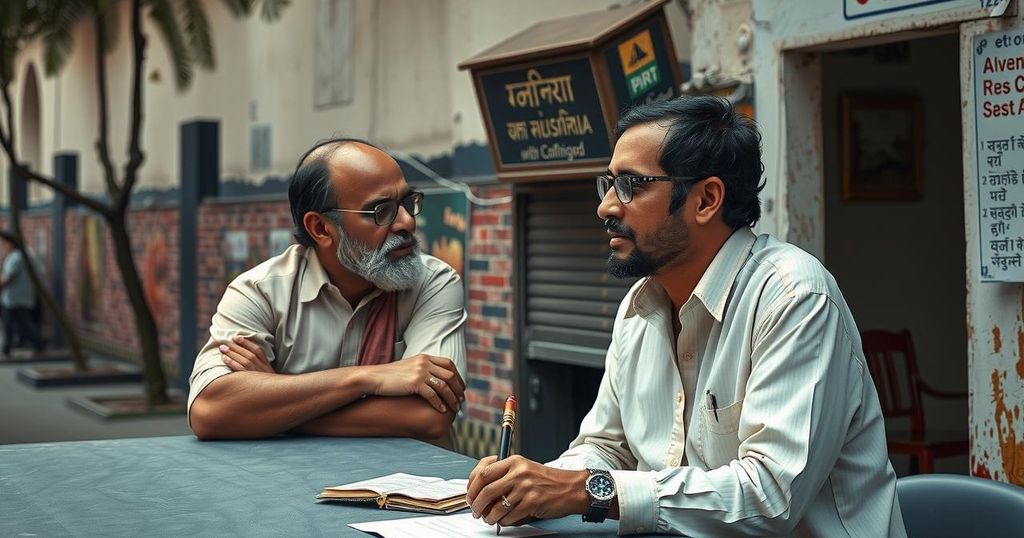Derek O’Brien Highlights Constitutional Relevance and Federalism in Rajya Sabha

TMC MP Derek O’Brien stated in the Rajya Sabha that the Indian Constitution is a “living, breathing document” reflecting on ongoing debates regarding its relevance. He criticized the government’s introduction of the ‘one nation, one election’ bill and emphasized the need to respect federalism and bolster women’s representation in politics. O’Brien also addressed concerns about the possible appropriation of state schemes by the central government, alongside calls from various members for comprehensive equality in the representation of marginalized communities.
In a recent statement in the Rajya Sabha, TMC Member of Parliament Derek O’Brien passionately asserted that the Indian Constitution transcends being mere literature, declaring it a “living, breathing document on the streets of India.” His remarks came during a discussion focusing on the significance of the Constitution, coinciding with the introduction of the controversial ‘one nation, one election’ bill in the Lok Sabha.
O’Brien emphasized the need to respect the essence of federalism, criticizing the government for rushing through legislation without addressing the concerns of the opposition. He invoked historical instances of governmental oppression, such as the treatment of MPs during the farm bills debate, where dissent was notably suppressed. Furthermore, he lamented the decreasing representation of women in the Lok Sabha, pointing out that their percentage plummeted from 14.5% to 13.5%. He urged the government to acknowledge these disparities.
Moreover, O’Brien highlighted alleged instances of appropriation where the central government seemingly adopted West Bengal’s ‘Swasthya Sathi’ scheme while rebranding it as ‘Ayushman Bharat,’ with a notable difference that in West Bengal, health cards bear the name of the woman in the household. Other members of the Rajya Sabha echoed similar concerns, with representatives from various parties expressing skepticism regarding governmental policies and calling for equitable treatment of marginalized communities and enhanced representation in government.
The discussion surrounding the Indian Constitution’s relevance and application is particularly significant in the current socio-political climate, particularly concerning the proposed ‘one nation, one election’ bill. Critics are apprehensive about its implications for federalism and the operational dynamics between state and central government powers. Additionally, the decline in women’s representation in the Lok Sabha signifies ongoing systemic challenges that persist within the framework of Indian governance, warranting urgent reform and reevaluation to achieve true equality.
Derek O’Brien’s remarks in the Rajya Sabha underscored the necessity of recognizing the dynamic nature of the Constitution and its practical implications in contemporary India. The discourse surrounding the ‘one nation, one election’ bill raises important questions about federalism and representation. Moreover, the consistent decline in women’s representation necessitates immediate attention to ensure that all voices are adequately and equitably represented in the legislative process.
Original Source: www.hindustantimes.com







